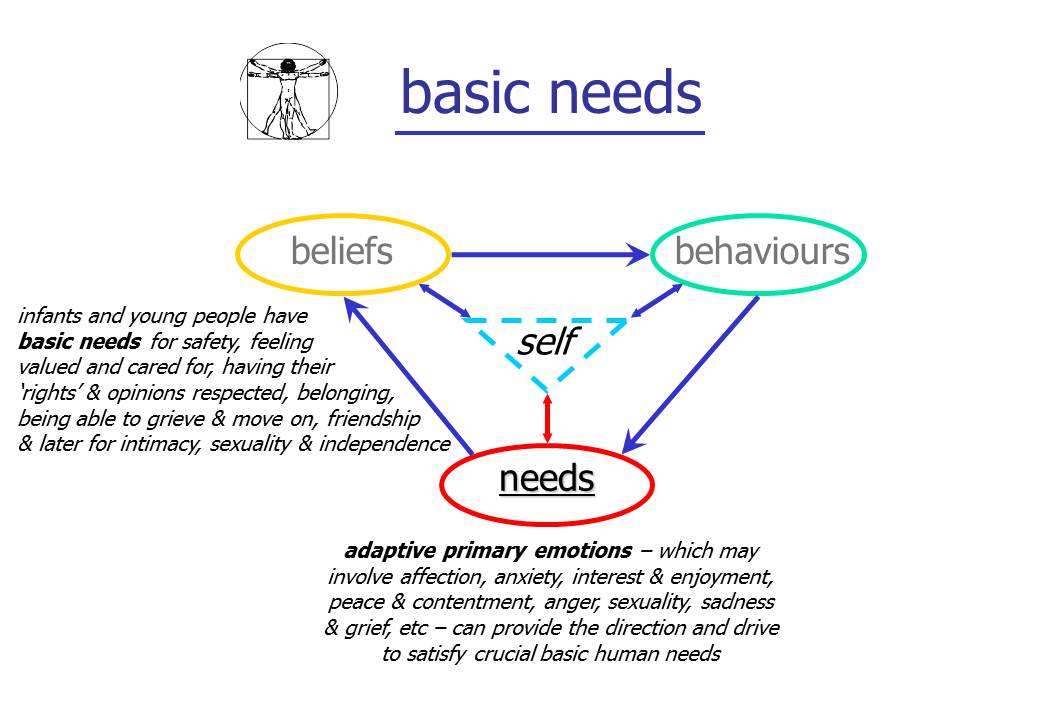Ch.13: Life Stages & Aging
“There is nothing the wise man does reluctantly.
” - Seneca
Research. Stages/Tasks. Vaillant. Kohlberg. Adult "maturation tasks". Retirement. Death.

“There is nothing the wise man does reluctantly.
” - Seneca
Research. Stages/Tasks. Vaillant. Kohlberg. Adult "maturation tasks". Retirement. Death.
"My father considered a walk among the mountains as the equivalent of churchgoing." Aldous Huxley
Here are half a dozen recent research studies - two on aspects of mindfulness, two on sobering prevalence rates, one on imagery in health anxiety, and one on CBT with children. Fuller details, links and abstracts for all studies are listed further down this page. Willem Kuyken and colleagues looked at "How does mindfulness-based cognitive therapy (MBCT) work?" in helping recurrent depression sufferers. They came up with some fascinating and provocative findings. For example it appears that MBCT acts differently from standard CBT, although they are both helpful in reducing risk of depressive relapse. Standard CBT (and maintenance antidepressants too) reduce cognitive reactivity to experiences of induced low mood, and this appears important in how they lessen relapse risk. MBCT however seems to act not by reducing cognitive reactivity so much as by decoupling the reactivity from a tendency then to slide into depression. It appears this decoupling is mediate
I posted yesterday on the first, "Needs" section of the "Needs, beliefs, behaviours" diagram (below). Today I want to say a little about the second section of the diagram - "Beliefs".
This diagram is downloadable both as a Powerpoint slide and as a PDF file.
This is the first of a series of four brief posts giving more information about a model I use a lot, especially when working with people who are trying to change long term personality patterns. The ideas aren't at all original, although this particular way of presenting them is my own. So the first step in the model is "needs". This is illustrated in the following diagram:

This diagram is downloadable both as a Powerpoint slide and as a PDF file.
On the 15th March 2010 my dear, precious mother Edie Hawkins died. She was 97 and I'm writing this post ten days later. After the funeral, after the flurry of forms and arrangements and visits and paperwork have quietened down.
I woke early this morning. Thought about her. A sense of her. She was an immensely kind, giving, determined, selfless person. This website wouldn't be here without the influence of her and my father, Jim Hawkins (who died back in 1989) - also such a generous, caring, thoughtful human being.
If you've found anything of value on this site - if it's helped you personally or in your work, please say an inner thank you to Edie and Jim. This website wouldn't be here if it wasn't for them and how they've influenced what I believe in and what I work for.
I read a lot of research. When I find an article of particular interest I download it to my bibliographic database - EndNote - which currently contains over 14,000 abstracts.
This post describes the "Needs, beliefs & behaviours" diagrams, best viewable on screen in PDF format (slides 1 & 2 and slides 3 & 4), but also downloadable in Powerpoint format (slides 1 & 2 and slides 3 & 4). The post below is downloadable as a Word format handout.